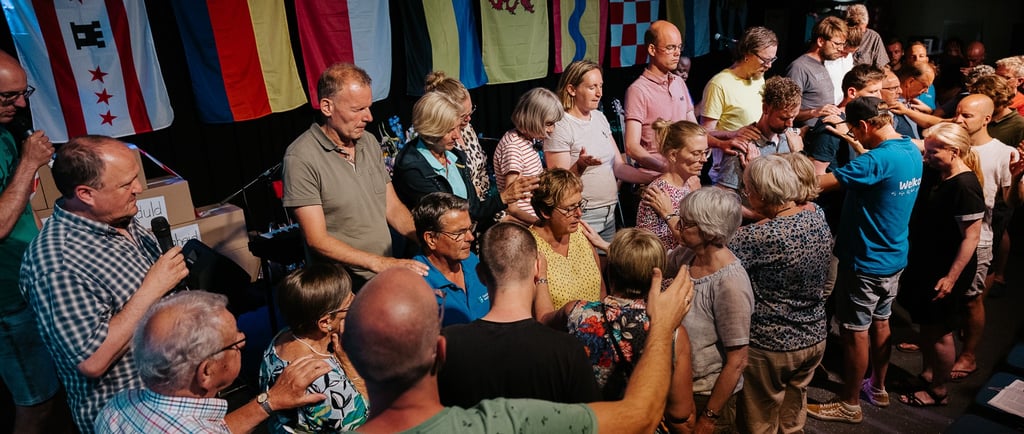The Apostolic Mandate


We are building towards establishing apostolic teams in different nations, cultures and language groups of Europe.
An apostolic team is not a team of apostles; it is a team of men and women of recognised and mature ministry working together to an apostolic mandate. Their ministry may be that of a prophet, an evangelist, a pastor or a teacher, but what is key is that their ministry is clearly recognised and warmly invited beyond their own local church boundary. In English, we term this ‘translocal’, though we have struggled at times to find an equivalent word in other languages. But it is ‘more than local.’
In time, we pray and expect that local language apostles will also emerge to lead these teams. But above all other ministries, this is one that is recognised and appreciated for the fruit that identifies their tree of ministry. It would be very counter-productive to ‘appoint’ apostles in different nations - these ministries must first be recognised and ‘called out’ by the churches and leaders receiving this ministry. This takes patience, but we trust God that mature local language apostles will in time emerge across the nations - they are given by Christ, not made by men. Apostles are spiritual fathers, plumb-line guardians, Spirit-life and faith catalysers, regions-beyond boundary-breakers, and champions of the poor. When you recognise an apostle, you will know in your heart who is ‘apostle to you’ (1 Cor 9: 2).
So what is apostolic mandate given to these apostolic teams? The mandate is to add value and bring benefit to local churches and leaders. This is achieved by giving attention to five particular dynamics of apostolic networking that we can trace in the New Testament:
Firstly, to nurture a genuine, deeply relational culture of care among leaders of the churches, that will cascade down into a sense of meaningful connection among the churches they serve. Secondly, to safeguard and propagate the simple biblical values that we share as part of the world-wide apostolic movement of Newfrontiers. Thirdly, to foster a mature, responsible and highly activated culture of the Spirit among the churches. Fourthly, to gather churches up into shared missional endeavour to regions beyond our own local borders. And finally, to be meaningfully attentive to empowering the poor among us.
Over the next few blog posts, we will explore each of these in turn and consider what this might look like in practice for leaders and for local church congregations
Every Blessing
Maurice





